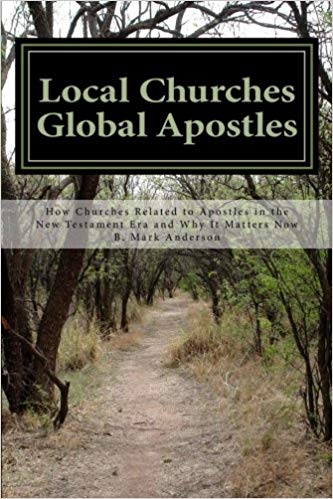
On May 23, 2013, the National Council of the Boy Scouts of America voted to allow openly homosexual boys into its ranks. For generations the BSA has upheld Biblical standards of conduct for young men. The mission of the Boy Scouts of America is to “prepare young people to make ethical and moral choices over their lifetimes by instilling in them the values of the Scout Oath and Scout Law.”
The BSA Mission Statement no longer holds validity. Chuck Missler writes on Koinonia House News:
The BSA is teaching our kids that when your values become unpopular, just change them.
The BSA is teaching our kids that when your convictions are challenged, just cave to peer pressure.
The BSA is teaching our kids that public opinion polls are more important than principles.
Today, the BSA is teaching our kids that you should not stand up for what is right instead you should stand up for what is popular.
Enter Churches and Apostles
The church is the pillar and support of truth in society. The church is “built upon the foundation of apostles and prophets, Christ Jesus Himself being the cornerstone” (Ephesians 2:20). It appears that every section of society has caved in to the homosexual agenda. The church in general has stood firm, even though some churches and ministers have compromised.
Now is the time for modern day apostles to rise and influence churches and church members to stand for Biblical morality. Apostles are called and supernaturally gifted by God to establish foundations. “If the foundations are destroyed, what can the righteous do? (Psalm 11:3)?”
Apostles, rise up! Let your voices be heard! The church needs you as never before.












